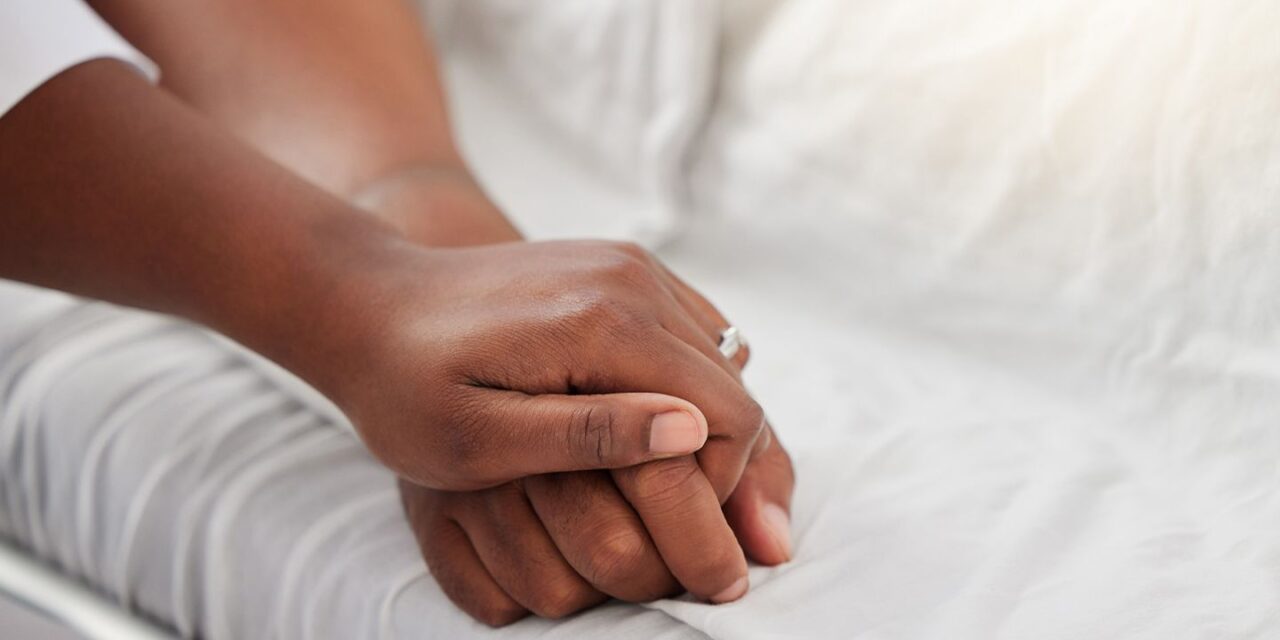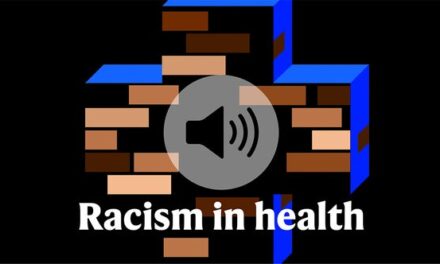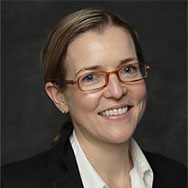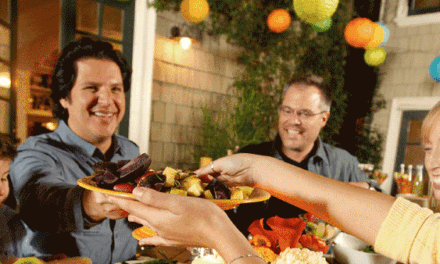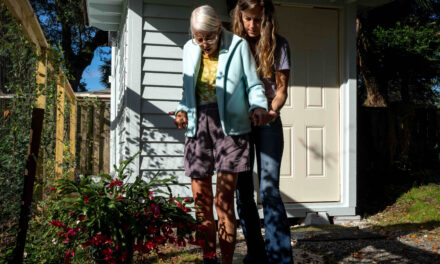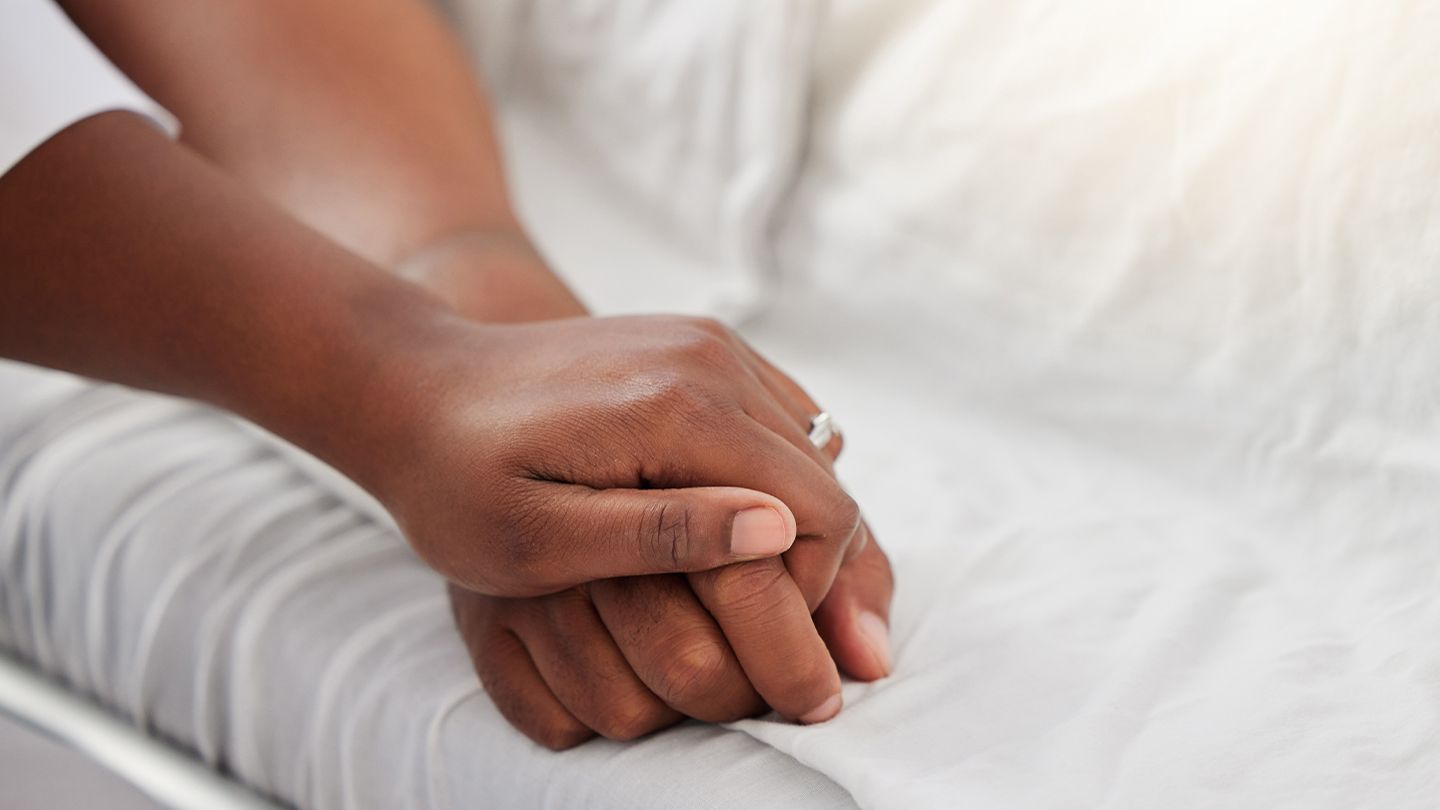
Let’s Rewind
My sister had difficult menstrual periods for as long as I could remember. Heavy, painful periods that left her bedridden and in the fetal position for the first two days of every cycle without fail. In our society, this monthly pain is normalized for women. And every woman I know accepts it as just another part of having a uterus. We are ready to do a dance of joy if we are lucky enough to have a low-pain or pain-free period.
When we were younger, my sister and I talked about our periods all the time. We commiserated with each other whenever we were “crossing the Red Sea.” Many years later, when she was in her early fifties, my sister’s bleeding got much worse and the pain became oppressive — but she didn’t talk about that. She hid it from me.
She kept it to herself, until one day she was going through too many pads before she was even halfway through her workday and the stabbing pain got too great — and she went to a clinic. The gynecologist who saw her told her that she most likely had fibroids and that most Black women had them. They also said it’s likely she was going through menopause and that was the reason for the increased bleeding. They made it seem like it was almost a rite of passage. She never went back.
For months after that misdiagnosis, my sister tried to get on with her life, until one night she couldn’t sleep because of the pain. So, in the early morning hours, she took herself to the local emergency room.
She was still at the hospital the next day. They were running tests and she was getting transfusions to compensate for the blood loss. She called me to tell me where she was. I was there within the hour. We sat in the room holding hands, and she finally told me everything.
I Wish. I Wish. I Wish.
I wish so much had gone differently for my sister. But most of all, I wish she had been confident enough to advocate for her health sooner when there were so many signs, including a questionable diagnosis.
My sister was scared when her reproductive system started to act differently, and I don’t blame her for that fear. Who wouldn’t be scared? I just wish that fear had galvanized her into action rather than doing the total opposite. In one of our last conversations, she admitted that she wished the same.
Advocacy for Your Health Begins With You
There are three points I want to put out into the universe that I learned from this experience. Keep these things in mind. Share them with someone you love. Don’t let what happened to my sister happen to you or your people.
- Listen When your body starts doing something abnormal, it’s talking to you. You have to listen to it and, more importantly, you have to act.
- Act Too many of us fall into the trap of the stigma of talking about the functions of our reproductive system. That stigma will not do you one ounce of good. There is nothing to gain from it but false shame and damaging silence. Our bodies are magical and we owe it to ourselves to respect that magic. Talk to your family, your friends, and your gynecologist. Build a support team around you and let them support you.
- Be vigilant Getting your body back on track once it goes off the rails can be challenging, but you must be vigilant. Do the research, document the journey, do your part to recover, and be sure that those on your support team are actually supporting you. This includes any member of your medical team. Doctors don’t always get it right, and if your doctor is not performing or communicating in a manner that makes you feel confident in their capabilities, find another doctor. Since medical professionals play such a critical role in your life, if they don’t cut it, replace them ASAP.
The Light
I will leave you with this: The same day it was confirmed that my sister had stage 4 uterine cancer, later that night, I jumped online and searched “black women uterine cancer support group.” The first link was for the Endometrial Cancer Action Network for African-Americans (ECANA). The information I found on their site was invaluable to my sister and me. Today, I am proud to work with the incredible and inspiring ECANA team to create a safe space to learn and provide a source of hope. We are doing the work to save lives.
There is a light in this dark journey. I hope you never have to use it. But if you do, you know where to find us.

